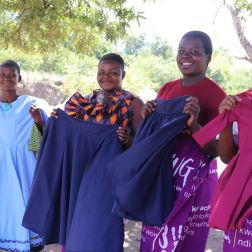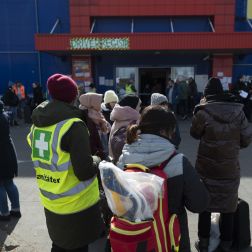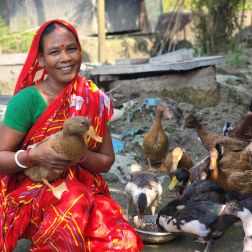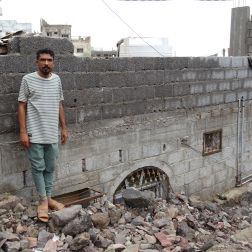- 6 mins read time
- Published: 25th May 2021
I don't think there is anyone in India who has not lost a friend, a family member or an acquaintance.
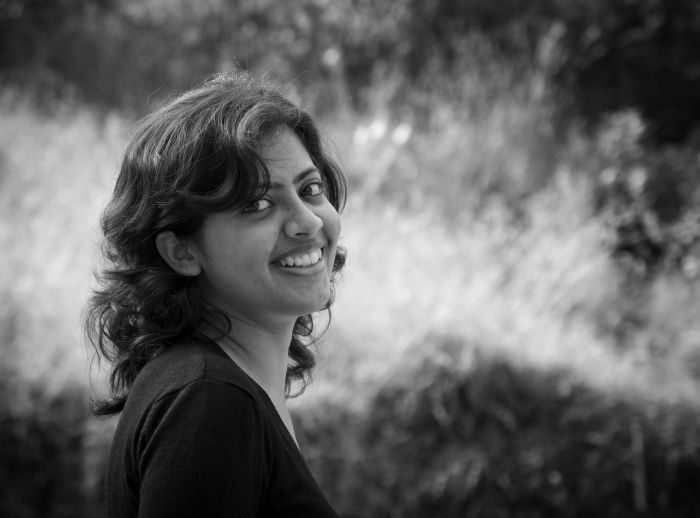
Cheena Kapoor is a Delhi-based photographer and member of the Women Photograph network. Her photography work explores gender and mental health issues. She has been covering the Covid-19 pandemic since March 2020.
The situation in India right now is, I don't have a word for it. It's really sad. It's shocking.
We are left on our own and everything from arranging a hospital bed to securing two injections has been very difficult. Those who can afford it are reaching out to black market where items are sold at 20 times, 30 times of what it usually costs, and they are able to procure it. But for people who cannot afford to pay that much, they are left on their own.
No government services are working. No helpline numbers are working. There's no help at all. The previous night we spent the entire night trying to look for a hospital bed for a cousin we had people on the ground, my other cousins, they kept trying visiting different hospitals. They were refused a bed at six hospitals and finally, we were able to move him to a very small nursing home. Today he was told that he needs injections and now the struggle has started again – since this morning, we've been dialling up people to get hold of these injections... We've called multiple hospitals and have still not been able to procure them.
We are anxious all the time. My heart has been racing the last three days and now we are so anxious for our parents. We are in a small town – I had come here on an assignment and myself and my husband got stuck here because both of us tested positive. Both of our parents are in Delhi and they are by themselves so we are really anxious and we just keep talking to them, keep giving them instructions, not to step out. I am ordering groceries for them here online because they cannot – they do not know how to order their groceries online. All these are small, small struggles, but we keep doing it.
I don't think there is anyone in India right now who has not lost a friend, a family member, or at least an acquaintance. We are all hearing of deaths every morning we wake up and we get to know at least two or three deaths. That's been hard.
I am part of some journalist groups, some health groups and these health reporters and I, we have some leads from hospitals. So, we are running helplines and have made social media accounts. We are posting all these leads so people can take advantage of the offers. If you get to know that there is an oxygen cylinder available, somewhere in the city, we'll post it on our social media so that people can go and procure it.
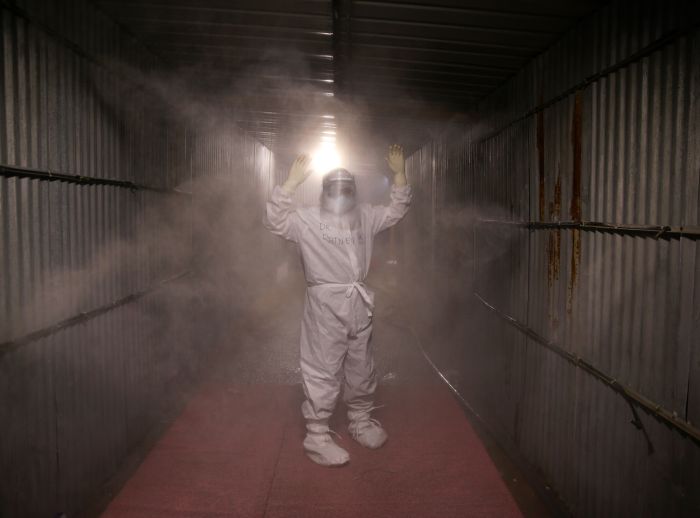
People who have access to internet are able to get some help but people in the slums, the underprivileged, they have nowhere to go. They can't even go to the hospitals because everything is super expensive right now. There are no ambulances available.
To get an ambulance you have to dial up people, they'll give you some preferences and they'll give you 10 contact numbers, only one of those will work and that ambulance driver will charge a lot. Somebody paid around £200 to go only four kilometres. People in the slums have even stopped trying.
Everything from getting the disease to people who are dying – everything is difficult. Even getting them cremated is difficult because there is a two day wait at the cremation grounds. They are full and acquiring wood for cremation is difficult. People are just telling the family members to arrange it yourself.
People are now running around for cremation wood. Recently Delhi ran out of cremation wood and the government has ordered the forest department to cut down trees. Delhi is already is the most polluted city in the world and they are now cutting down trees because we do not have enough electric electrical crematoriums. I read that there's a place in Delhi where they cremate dogs and pets. I think that's also being used for humans now.
That's the condition we are in right now. and the worst part is your support system isn’t there. Right now, everyone is fighting their own battle, your support system has collapsed.
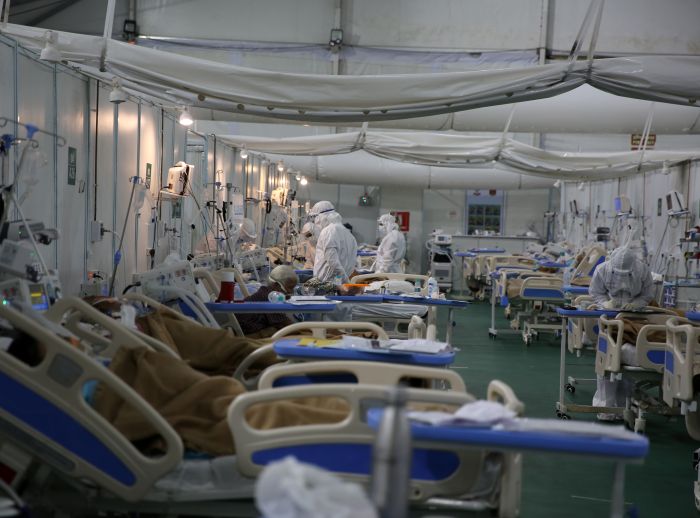
When I photographed in the hospitals, I visited for four days at a stretch. This was in November, and we were seeing a huge spike in Delhi because that was the festival season and even during that time, all the hospitals had run out of beds. That was a huge spike, it was overwhelming.
It was difficult seeing people in the ICU and because we also shot photos of the reception area, we would see doctors or healthcare workers refusing families because they were running out of beds. We saw all that happening. We would see patients dying and families crying and it was overwhelming.
It stayed with me. Patients who were on their own for weeks and their families couldn't visit them and they had all lost all hope. When you talk to these patients, you feel their pain, so it hasn't been very easy covering Covid.
There's not a single person in the country who has not been affected directly or indirectly, not just Covid, but non-Covid care has completely come to a halt. India has the highest number of TB patients, cancer patients.
Everything is on hold. We have seen a threefold increase in still births because of malnutrition, because the government ran these nutritional programmes and all of those had come to a stop and so women in rural areas were not getting their nutrition.
The nutritional profile of the country has gone down. All of this put together, I think we are in a very bad situation. Even if this current wave slows, we are at least a decade behind where we were in terms of our healthcare goals and otherwise, so it is right now a very bad situation.
Photos: Cheena Kapoor
